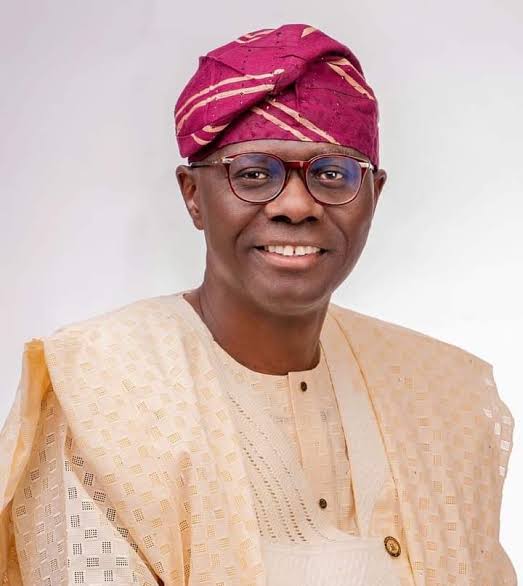By Segun Ajayi

Not many Nigerians appreciate the fact the country’s constitution recognises three major religions – Islam, Christianity and traditional. The reasons are not far-fetched.
Christianity and Islam gained wider ground thanks to the activities of European missionaries and Fulani jihadists, while the third leg of our religious tripod got the beating. Traditional religious practices were suppressed and, in several cases, denigrated by other faiths which lay claim to some degrees of orthodoxy.
Amid all that, Nigerians, albeit pretentiously, looked away from Chapter One, Section 10 of the country’s constitution which states, “the government of the Federation or state shall not adopt any religion as state’s religion”. Thus, the constitution validates the presupposition that Nigeria recognises three major religions; Christianity, Islam and African traditional.
As a respecter of the rule of law and upholder of Yoruba heritage and religious sensibilities, Lagos State Governor, Mr. Babajide Sanwo-Olu quickly aligned with the recent efforts at Yoruba culture renaissance. Notwithstanding being a practicing Christian, Sanwo-Olu understood Lagos was home to ethnic varieties and hosts a divergence of beliefs. It was against this background that he acceded to the request of the state’s Council of Obas last year that 20 August be set aside as Isese Day. Sanwo-Olu knew that, to act otherwise would reduce his administration to a level of bigotry and intolerance in the estimation of the royal fathers.
The question then arose: Who would bell the cat in the South West? So, when Lagos State announced 20 August 2023 as public holiday to commemorate Isese Day, not many people believed the pronouncement would become sacrosanct so soon. No wonder this year declaration of Isese Day in Lagos didn’t resonate early. It is believed the decision will become entrenched even as more sub-nationals of the Yoruba stock embrace the initiative. It is heartwarming that more states joined the league this year. Lagos was joined by Osun, Ogun, Kwara, Edo, Ondo, Oyo, Ekiti, and Kogi to devote the day in their bid to foster a sense of identity among adherents and custodians of our indigenous religion and culture.
As chairman, South West Governors Forum, Sanwo-Olu, in his congratulatory message on the day, praised the people of the South West, particularly traditional rulers and religious worshippers, for sustaining and preserving the cultural heritage of the Yoruba. In a statement by his Special Adviser on Media and Publicity, Mr. Gboyega Akosile, the governor stated: “Although the world has become a global village, with an attendant result in multiculturalism, the Yoruba people have unique culture and traditions that must be preserved for the future generations”.
He commended all the traditional rulers and people of the South-West for upholding these cultural and traditional valuesof the Yoruba race. He also charged them to use the occasion of Isese Day to remind themselves of the importance of the Yoruba ‘Omoluabi’ ethos, which include tolerance, hospitality, peaceful coexistence among ourselves, different religious groups and our neighbours, noting that these must continue to be the hallmark of the Yoruba people. Sanwo-Olu also praised his colleagues who declared public holidays in their respective states.
Beyond fostering religious equality, this reawakening is coming at an auspicious time.This is a religion that have has suffered centuries of disdain and despoliation by practitioners of other faiths. To make things worse are the supposed custodians of our beliefs and practices who also joined in the rape of our indigenous faiths.
Isese practitioners also recognize the existence of the god-head and that belief is universal. If not so, our people and nationals across our continental borders could have lost faithin it. Is it not ironic that the traditional faith we trample on back home still stretches into the Americas and the Caribbean! There you will still encounter Isese and its allied spiritualities. In these countries, Isese still exerts its hold on the human spirit. For instance, an exploration Brazil, Columbia, Cubawill be amazed at the tenacity of this spirituality among the descendants of the black race.